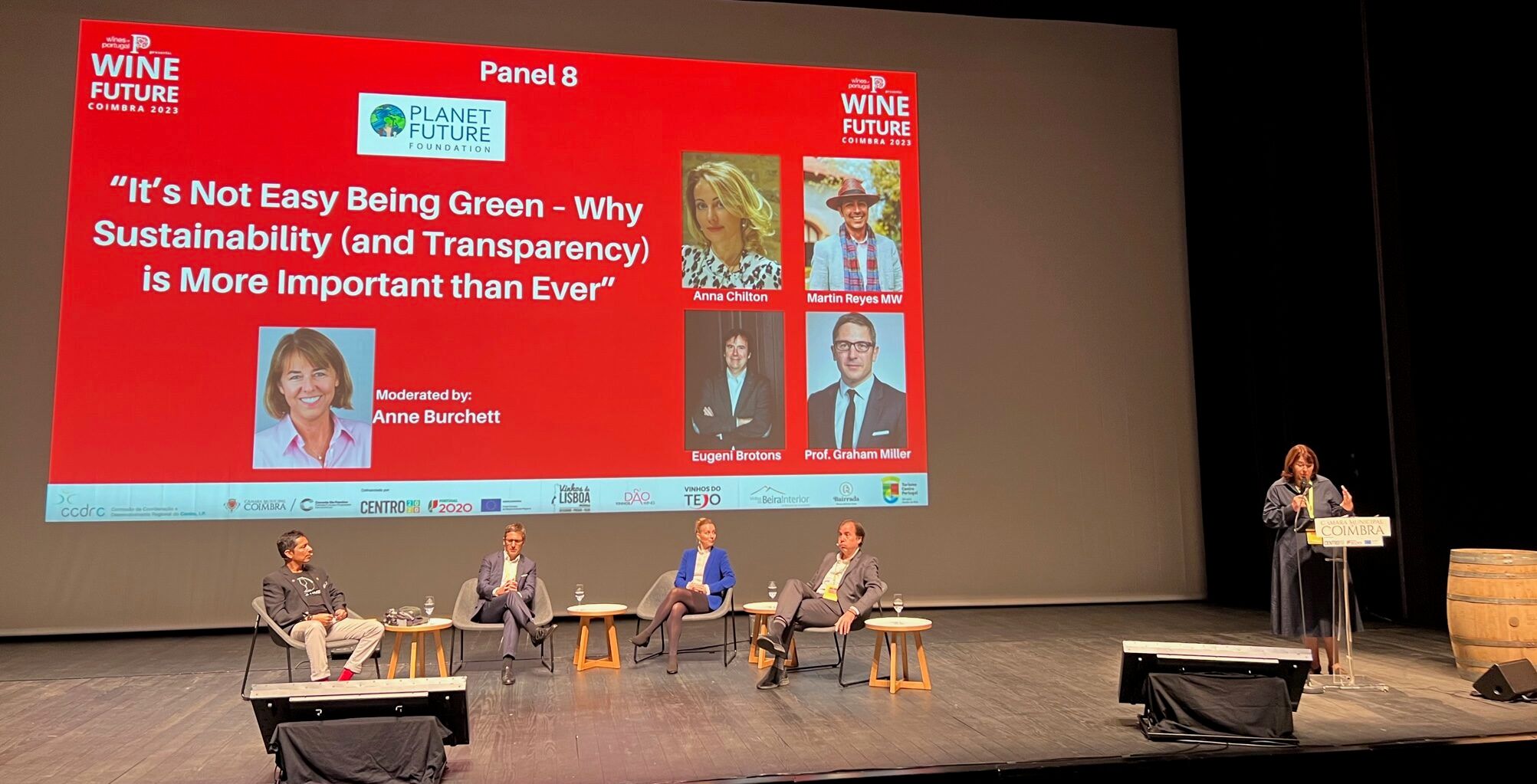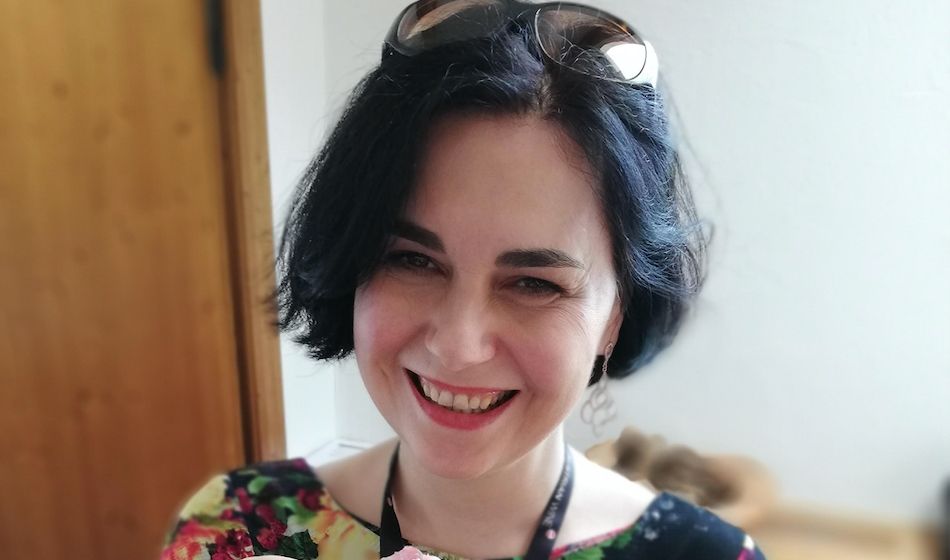In the first analysis from Wine Future 2023 sponsored by Wines of Portugal, Richard Siddle assessed the challenges the industry still faces when it comes to effectively communicating to an ever demanding and changing drinks consumer (click here to read). Here we turn the light on sustainability and the various steps different businesses are taking.
The global wine industry is confusing consumers with a proliferation of differing messages over sustainability and greater alignment is necessary to communicate the progress being made.
These were the key points raised by industry leaders at the recent WineFuture23 eventheld in Coimbra, Portugal, the fourth such conference to put climate change firmly on its agenda since if first took place in Rioja in 2009.
“Sustainability is not debateable anymore, it’s an obvious fact of life, announced Anne Burchett, wine communications specialist and moderator of the “It’s not easy being green” panel debate. “The knowledge of necessity doesn’t make it easier to implement,” she added.
Economist Nobel Laureate, Sir Christopher Pissarides (CY), a key speaker at the conference, said consumers are becoming increasingly aware of the impact food production has not just on the environment, but their own personal health.
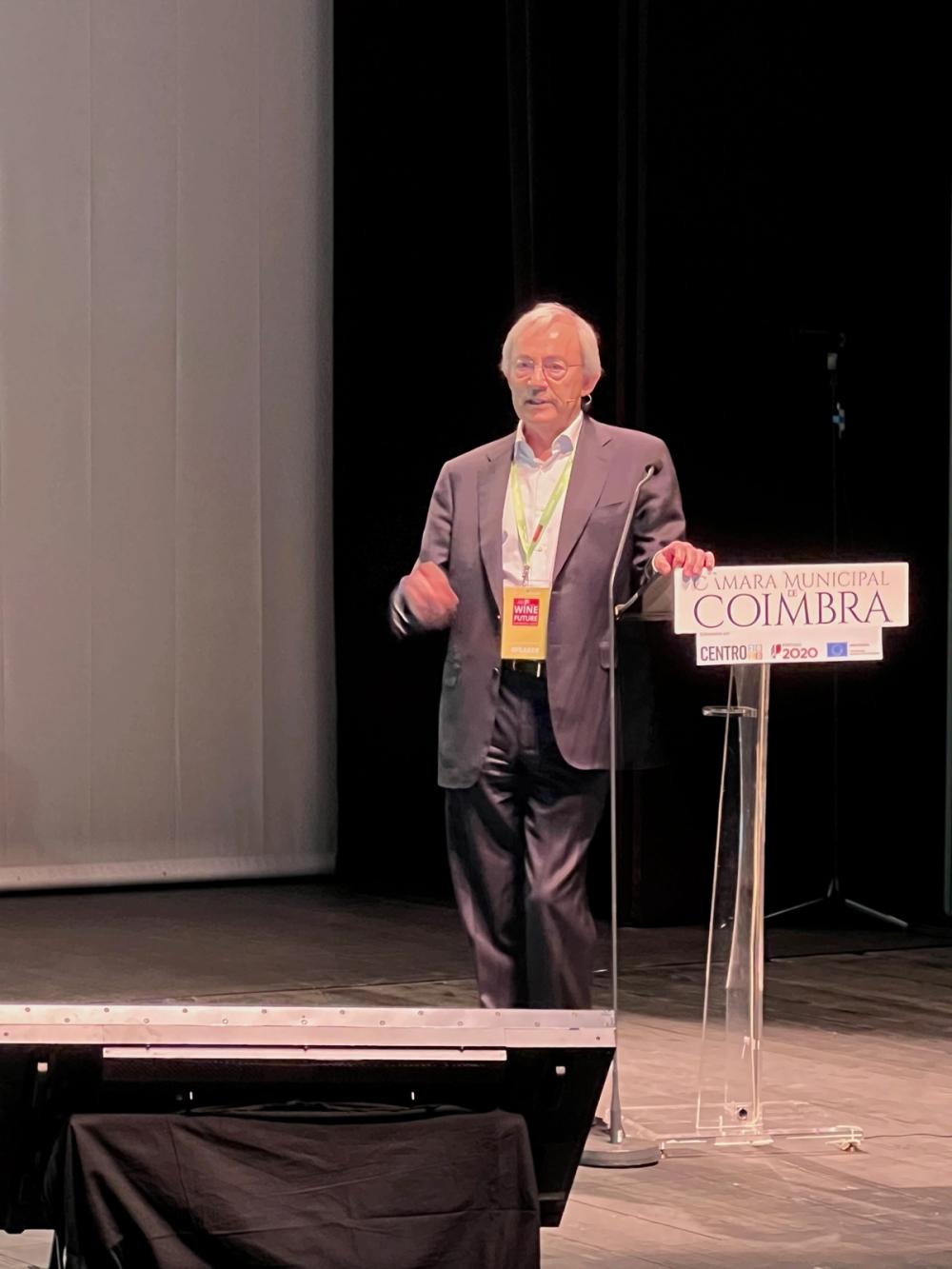
Economist Nobel Laureate, Sir Christopher Pissarides, shared his insights on global challenges facing all business sectors
“People don’t buy easily when they think the product comes from a non-sustainable source,” he said.
Consumers, he added, expect “transparency and authenticity” and are increasingly choosing to only shop with those businesses they regard as being both ethical and sustainable.
Take, for example, the increasing demand, particularly since Covid, for organic products. We can expect to see a big jump from the current 8% of global vineyards that are certified organic – with Spain is leading the way, followed by France and Italy.
That demand is reflected in Sweden’s state-owned Systembolaget, that has invested in organic wines across its 450 state-owned stores. It reached its 10% market share for organic wines in 2015, five years earlier than intended.
“Organic wine has been the sole driver of volume increase during the last decade,” claimed category management manager, Ulf Sjödin MW.
Systembolaget now has a strict buying strategy to work towards only sourcing and listing what it deems are sustainable wines –it now has close to 300 wines that meet that criteria in its range.
A move that is part of a wider company target to halve emissions across its entire value chain by 2030. Which includes investing in alternative beverage packaging, which Sjödin admitted put sparkling wine, in particular, under the spotlight as so few bottles are currently light enough to meet its sustainability criteria.
Sustainability dilemmas
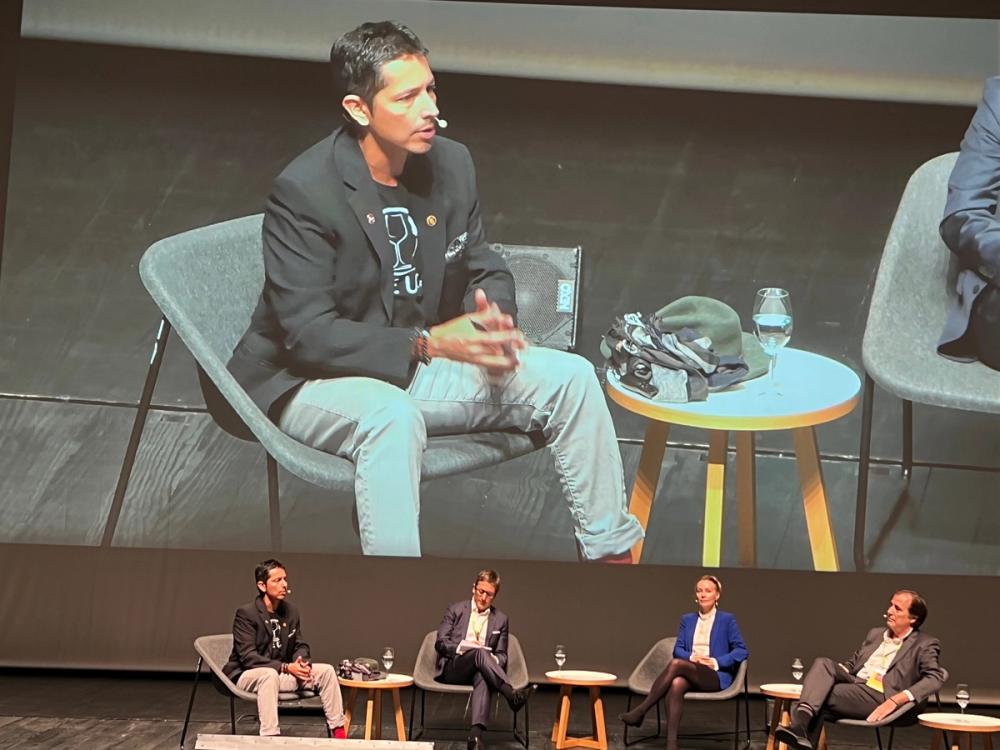
Martin Reyes MW said being organic was not enough for wine producers who seriously want to tackle sustainability
But simply being organic does not mean you are a “champion of sustainability,” stressed Martin Reyes MW, founder of US importer Wine Wise LLC.
“No. There is a difference between organic and sustainability. There is still the supply chain, packaging, waste, and energy. Not one energy available on the market is green.”
Reyes fears some of the claims being made around sustainability in the wine industry means the term has been “abused and watered down into something meaningless”.
“We have all these technical and decisive terms – regenerative farming, organic, biodynamic and so on – all competing for the same attention,” he added.
Sustainability has become political, he warned: “We have started to alienate customers.”
He has looked to play his part in co-founding Napa Green and Rise Green – that now have around 40% of wineries in Napa County following its certified programmes.
Pissarides said the food and wine industries need to also accept they are part of the sustainability problem. Particularly in the use of water and the fact 70% of freshwater is used for food production (including winemaking) and 20-30% of global greenhouse emissions come from agriculture.
Everything is a “trade-off,” according to Professor Graham Miller, chair of sustainable business at Instituto Rodrigo Guimarães, Nova School of Business and Economics: “I have flown here to inspire people about sustainability. There is still carbon in the air from that decision. We cannot fall into the trap of thinking the positives offset the negatives. Negative is still negative, even if you do things that are positive. That needs to be honestly communicated.”
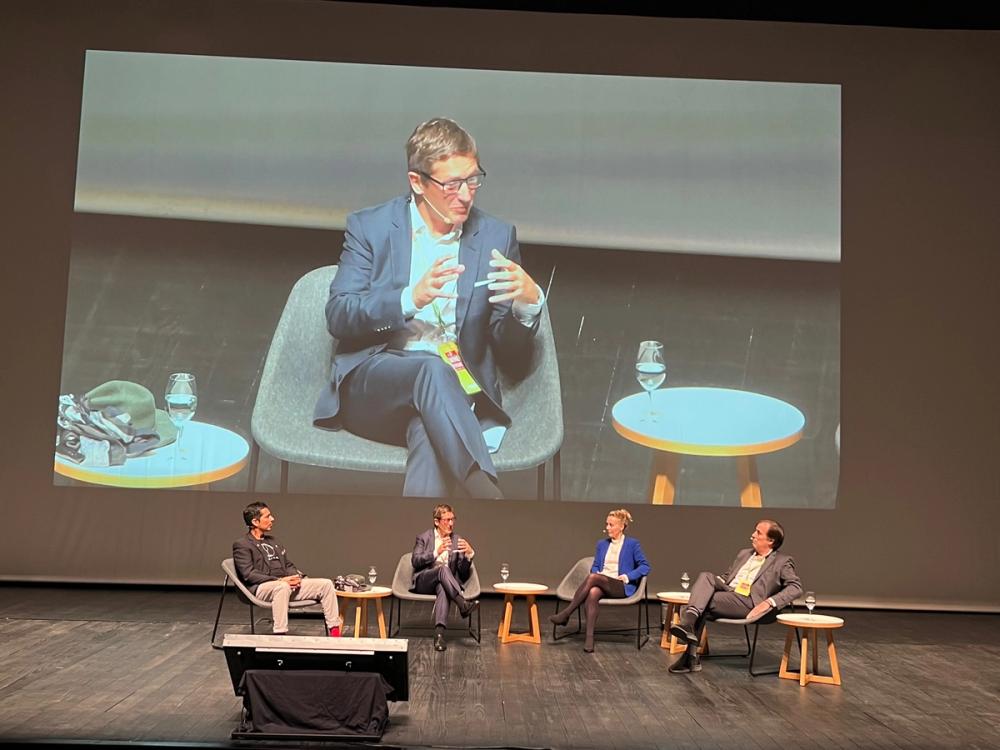
Professor Graham Miller said there is not one common understanding of sustainability across business sectors
He said the big issue for businesses to grapple with is the fact “there is no real global view on sustainability. No real narrative for the world to follow.”
He said many global industries are turning to The United Nations 17 interlinked Sustainability Development Goals (STG’s) for answers.
“Is the future more technologically advanced? More capitalist? More individualistic? Less global? There is no single world view that the UN proposes,” highlighted Miller. “The problem with STGS is that they ‘butt’ up against each other.“
Sustainability, he said, means different things to different people in different countries with different programmes. The initiatives may work locally, but not internationally.
Best practice
Across the wine industry there are numerous sustainability schemes and certification programmes that makes it hard to determine which ones are the best to follow.
New Zealand winegrowers are seen to be pioneers in sustainability with their country-wide Sustainable Wine Growing New Zealand programme (SWINZ), that covers 97% of its vineyards. A scheme that benefits from delivering one coherent message for an entire country.
Whereas in the US there are at least four regional sustainable winemaking initiatives – like Napa Green.
International Youth Organisation for Ibero-América, is another initiative where young wine producers from 21 Spanish speaking countries of the Americas, Portugal, and Spain, have united through sustainable entrepreneurship.
Speaking at the conference, Amalia de Lizaur López, a Spanish diplomat and undersecretary of Ibero-América, highlighted the new generation of wine producers, looking for innovative ways to produce sustainable wines.
“We know the world is demanding more sustainable products. Consumers want to make a commitment to environmental responsibility and social awareness in the products they consume.
“Climate change with its rising temperatures, and extreme weather patterns is threatening the very essence of wine production,” she said.
All over the world we are seeing extreme changes in the climate and major weather episodes hitting production and harvests, she added.
It’s vital producers and wine bodies pool their knowledge and resources to tackle climate change.
“But the biggest challenge is lack of capital to invest in sustainable technologies and best practices,” said López
Communicating with customers
So how can wine marketeers champion sustainability while still capturing the romance and allure of the vine?
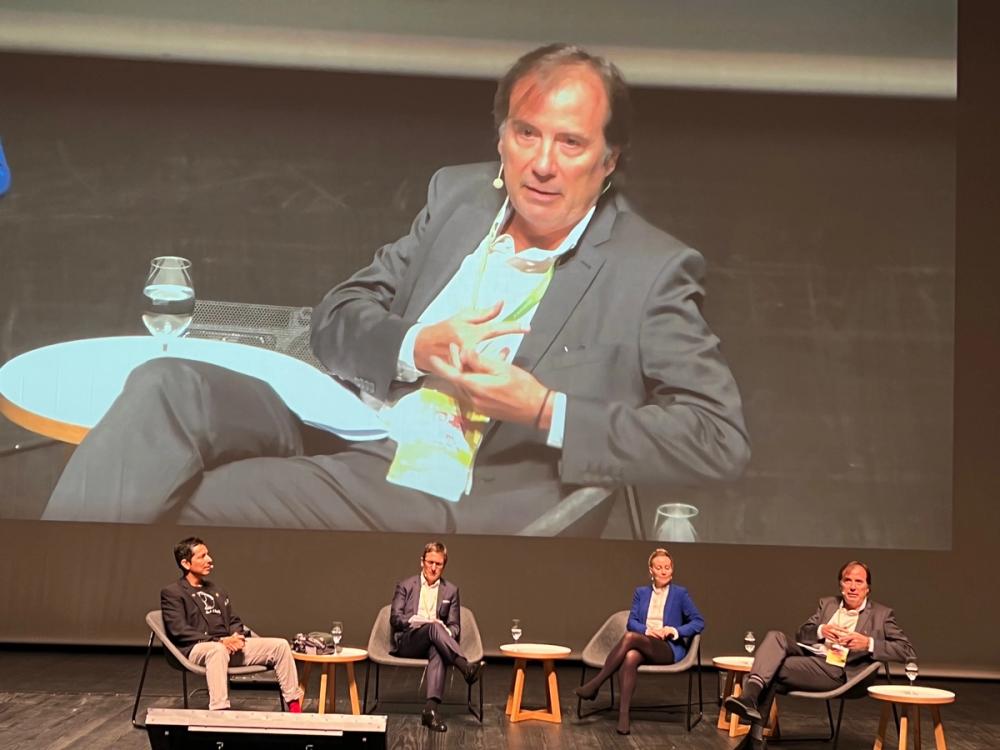
Eugeni Brotons, global marketing director at González Byass, says wine has a difficult path to tread as many consumers already think the sector is sustainable
“When you talk to the customer and ask them why they drink wine, they say they like the taste, discovering different countries, food and wine pairing or to celebrate something special,” said Eugeni Brotons, global marketing director at González Byass.
“It’s easy for the industry to think the consumer really loves wine. But 80% of wine consumers know very little about wine. It creates a theory of ‘chaos’ in their minds. To this same consumer we want to ask: ‘what is sustainability in terms of wine?’ What on earth will they say? The consumer already believes wine is sustainable.”
Anne Chilton, biodiversity specialist at Nestlé, who was speaking in a personal capacity: “Industries underestimate how much consumers really understand the concepts of regenerative agriculture, and biodiversity and, how sensitive they are to them.
“Consumers are more advanced than we give them credit for. They care about the use of pesticides and herbicides. Our job is not to take the consumer for a fool. How do we drive messages around sustainability that are going to increase the interest of consumers. What does it mean to the consumer on the shop floor down the wine aisle?”
But she also said these sustainability terms can be “quite divisive” and are becoming increasingly politicised. “We also need to look at what brings us together. What we can all sign up to.”
Which is why doing something to tackle sustainability is better than doing nothing at all. “We can’t manage what we can’t measure. All companies, big or small, can do something. Be it controlling your water usage. Set targets for how much water you use and then use data to manage it,” she added.
Just do it
Chilton said businesses should look at sustainability in the same way they do health and safety in the place of work. There are certain things you have to do in order to run a business of a certain size when it comes to health and safety. The same now applies to sustainability.
Miller said all businesses are now being judged by what they do on sustainability. Future employees, he said, are the ones who are reading your ESG reports. “They are judging you from outside.”
Ultimately businesses have some tough decisions to make, and companies that refuse to tackle sustainability may not be around for very long. “We are better off without bad companies from a sustainability point of view,” he said. “I won’t write a reference for one of my students who wants to apply for a job at a bad company. I will tell them they are worth more than that.”
“The Ben & Jerrys model, The Body Shop. That’s been done – 20 years ago – and shouldn’t be the reason to drive change. It’s standard now for companies to have a sustainability plan. Consumers expect it.”
The wine industry also needs to “think outside of the box,” urged Brotons in how it talks to consumers about the sustainability changes they are making. “In the end, we find solutions that will allow us to reduce costs and be profitable,” he added.
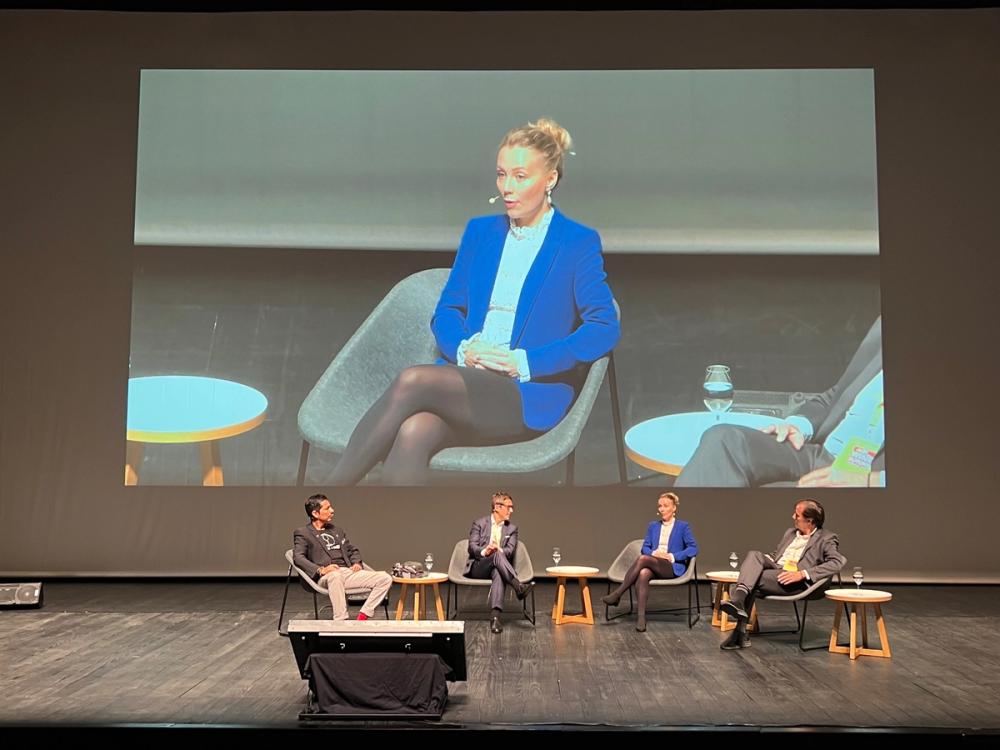
Anne Chilton said the wine industry should not underestimate how serious consumers are about sustainability
It’s also a danger to think “the mass wine drinkers are becoming more sustainable,” said Miller.
Customer surveys have shown that 80% of people may say they are interested in buying or paying more for sustainable products, only 20% actually do.
“Companies need to take action, it’s not going to be consumer led,” added Miller. “Sustainability is not always doing more or bigger than anyone else. You must look at how you do things and start from there. Form social contracts.”
All together
Chilton, though, warned major wine businesses from pushing the blame down the supply chain to their growers and suppliers. “The value chain needs to be re-assessed. Don’t put all the pressure on your farmers and growers. You cannot expect your wine producers to take action with zero resources. It is the same for retailers. There has to be a discussion with all the stakeholders in the value chain.”
Reyes agreed and felt too often the pressure is on the farmer to change. It is much better to have a conversation that includes them and takes into consideration their issues and what you can do together so that you can go on a “sustainability journey” together.
That’s where analysing and measuring your data and being able to show what steps are being taken can help bring everyone in that value and supply chain together, added Miller. “You just have to get started.”
Chilton said she can see a time in the near future when having sustainability targets and an audited way of measuring them will be part of legislation for businesses to follow. “That will lead to less green washing.”
Miller agreed: “We will get to the point when you will need to verify your sustainable targets in the same way you verify your financial results.”
In his closing speech, conference organiser Pancho Campo, said it was frustrating that sustainability was one of the big “topics that were relevant at first WineFuture conference in 2009 that continue to be addressed today”.
“That means we have not found any solutions in more than 14 years. The industry doesn’t understand that no matter what tools they use to communicate with, if they don’t change the language, they will not get anywhere.”
Many of the speakers at Wine Future 2023 concluded the wine industry needs a set of global KPIs that can be communicated to consumers to help them understand and recognise the work that is being done across the sector to tackle sustainability.
“Accountability and responsibility similar to that found in financial reporting is on its way,” said Chilton.
Wine Future Recordings
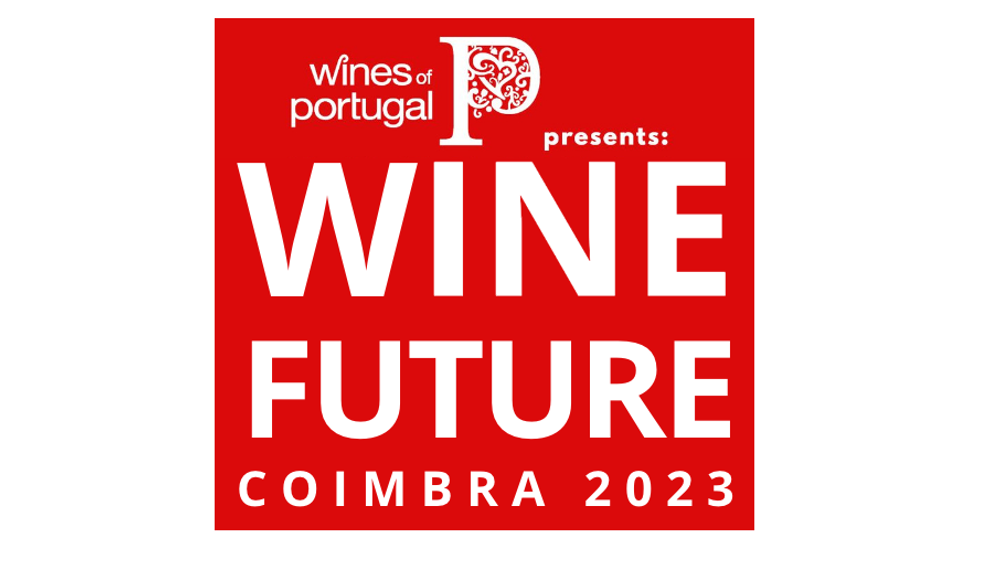
Wine Future took place in Coimbra in Portugal between November 7-9
There is now an opportunity to catch up on the main panel sessions and keynote talks at Wine Future by accessing video recordings from the event. As media partner to the event The Buyer can offer the following package for US$99 with an additional 10% discount for being a reader of The Buyer.
- The US$99 – minus 10% – package includes the full conference featuring eight panels plus five keynotes and the specialist tastings that took place at the event including: Richard Mayson on Madeira and fortified wines and Ports; The Magnificent 12 featuring 12 top wines from around the world hosted by US wine critic Mark Squires; and Icon and Premium Wines of Portugal with Dirceu Vianna Jr.
- To find out more and to sign up for the recordings click here. To get the 10% discount use THEBUYER10.
- You can read more about Wine Future at its website here.
- The Wine Future series continues with its next edition, Green Wine Future 2024 in Miami, US in November 2024. The focus will be on sustainability, addressing climate change, environmental impact, and renewable energy. You can catch up on other Green Wine Future events here.
